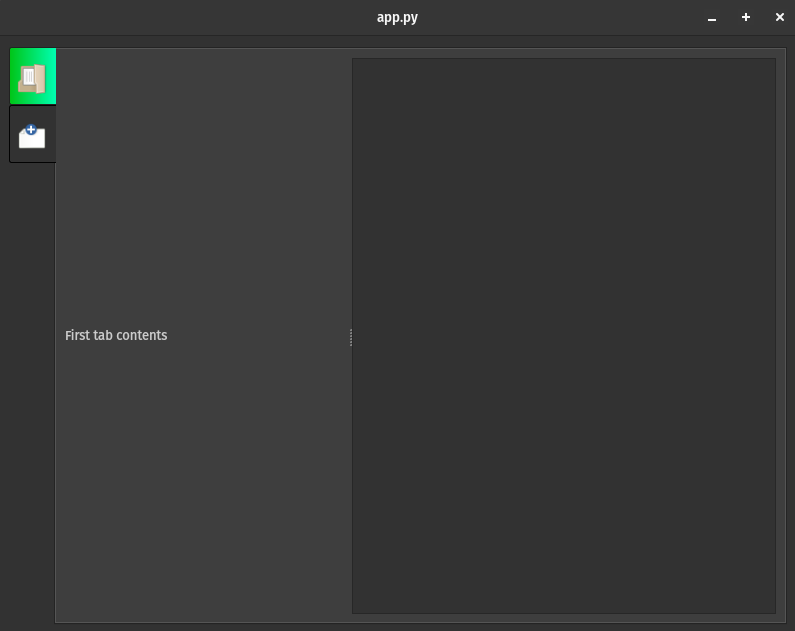05/01/2025, Thu
Choices and Versatility
Asdf is a tools and program installer that has been around for some time, but
there is a newer tool that grants you the powers of asdf with even more capabilities such as automatic dependency management, larger choice
of programs with support from different source registries and temporary
dependency switching which comes from mise.
These aren't the only functionality of mise, but they are
a few that can make an impact on improving your dependency management workflow.
Automatic Dependency Change Upon Project Folder Navigation
Mise simplifies the way you manage your runtime or programming language versions when you need to switch to different project folders that require a certain version.
Supposedly that you are interested in install different versions of nodejs, one LTS and the other more newer non-LTS version.
mise install node@22.12.0
mise install node@23.11.0
Set the version of nodejs that is to be the global default. This should
generally be a LTS version of nodejs.
mise use --global node@22.12.0
